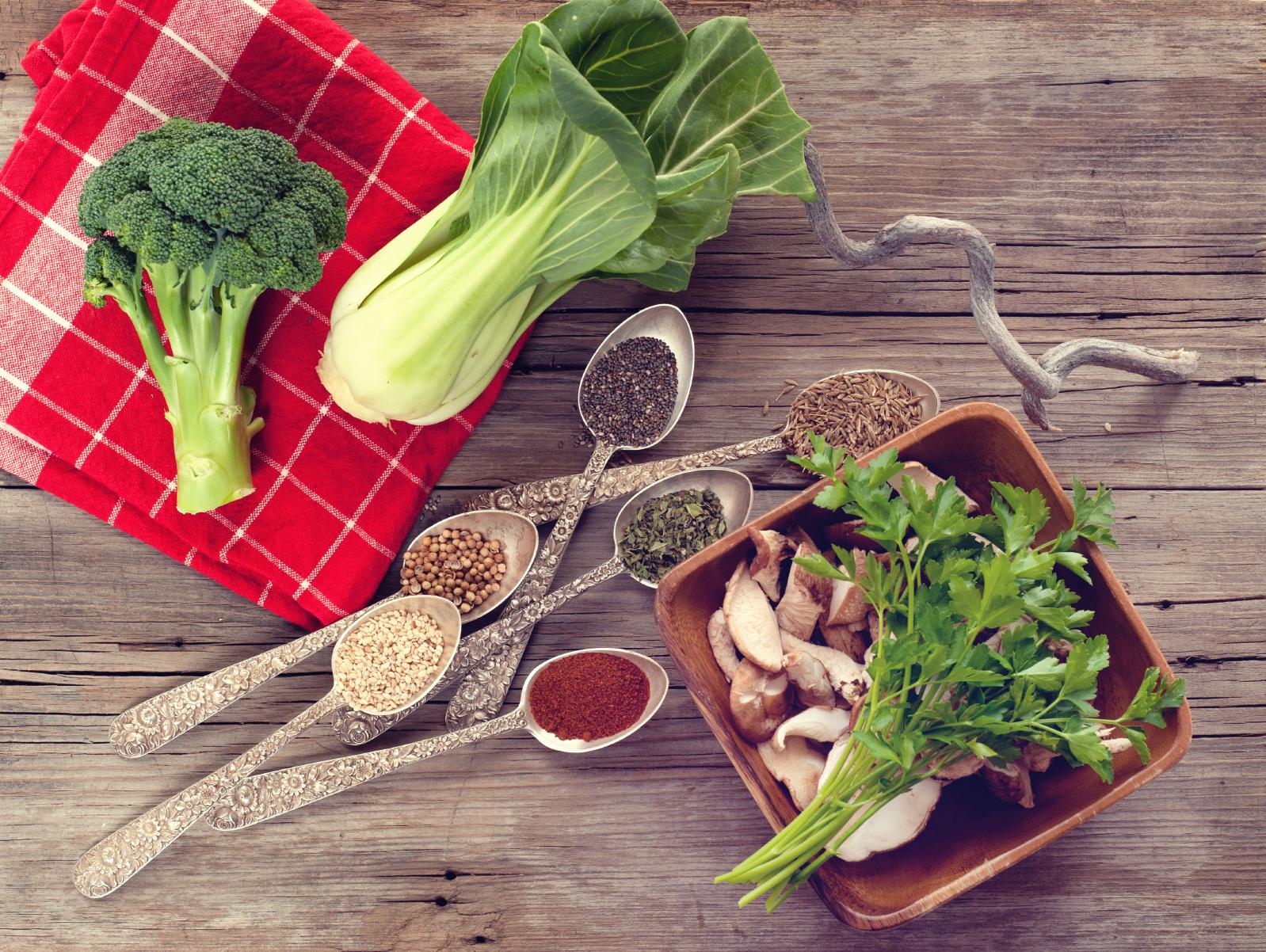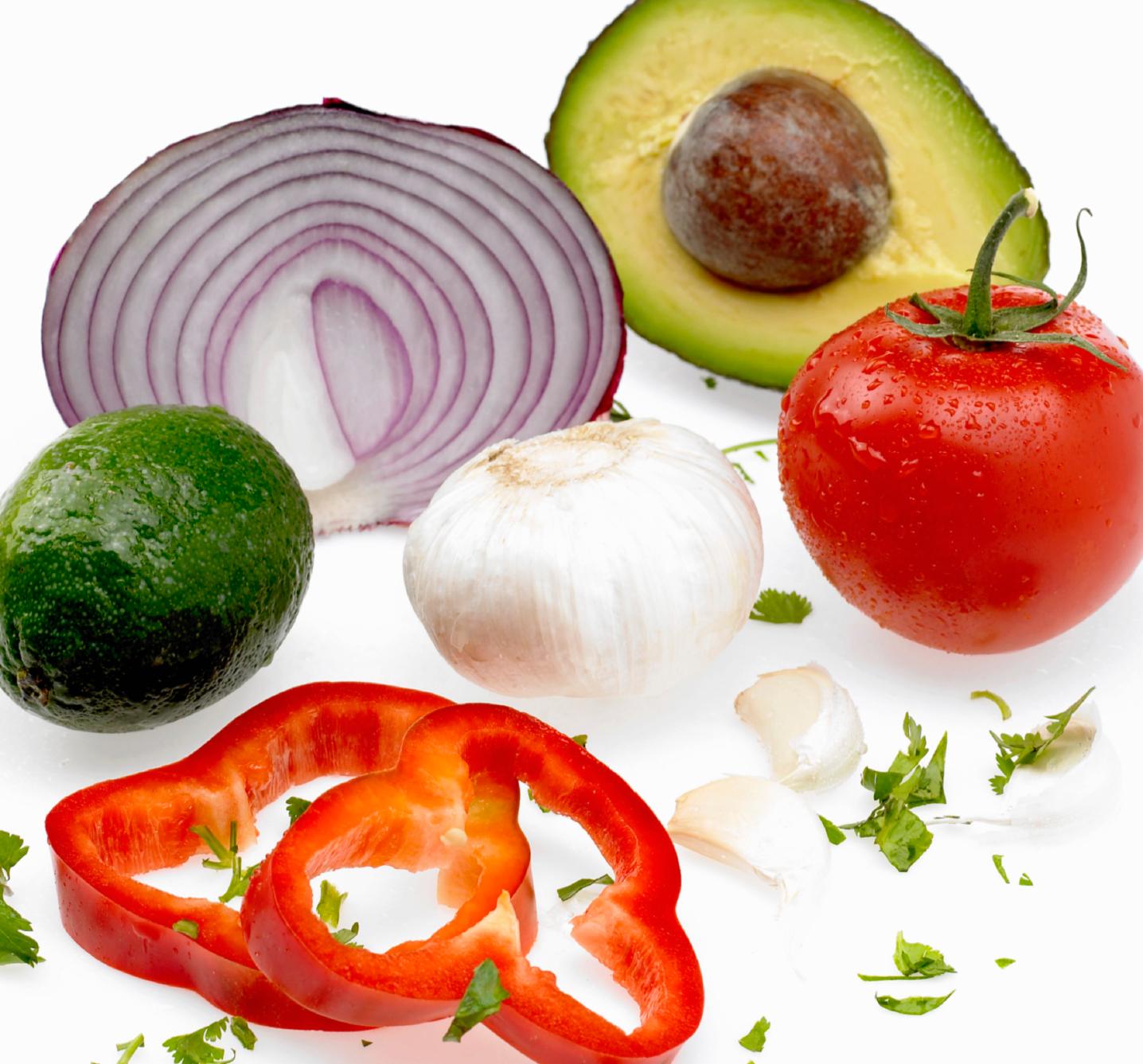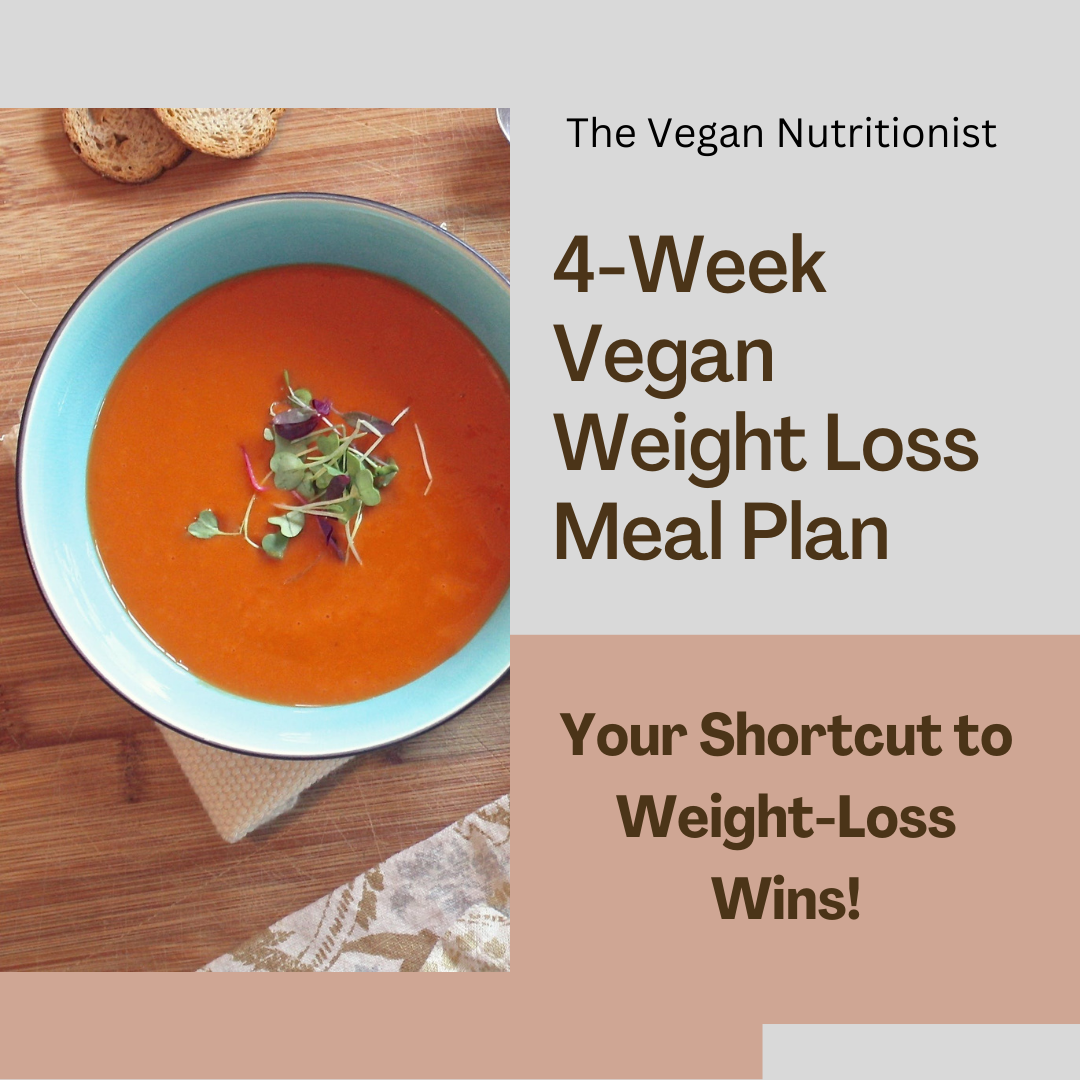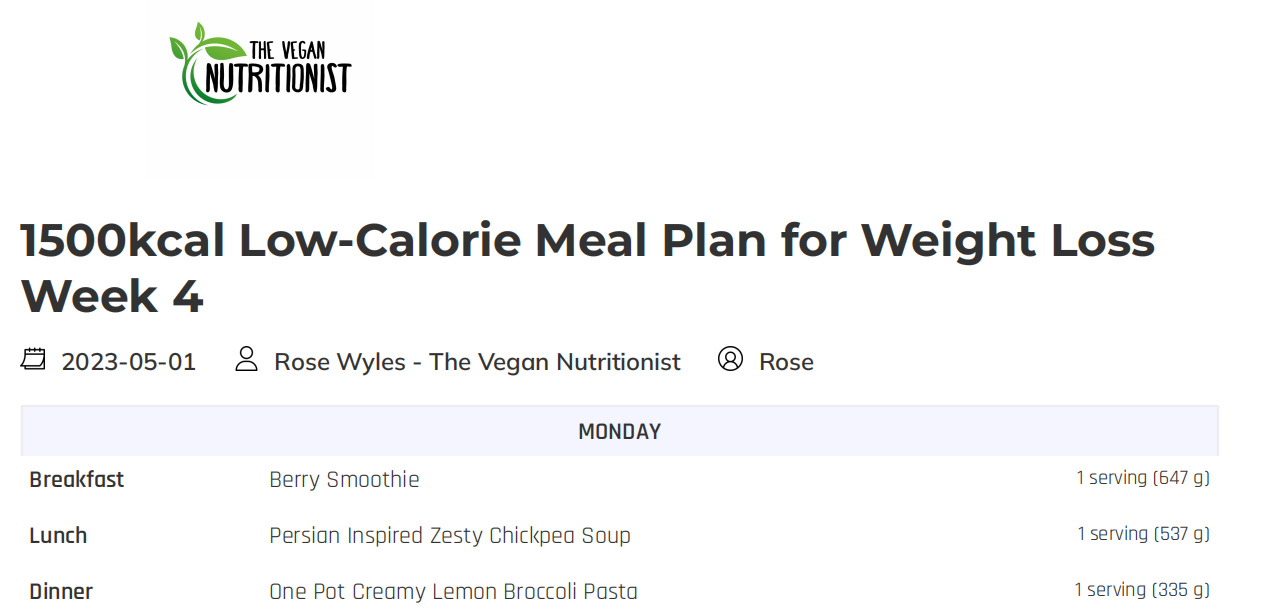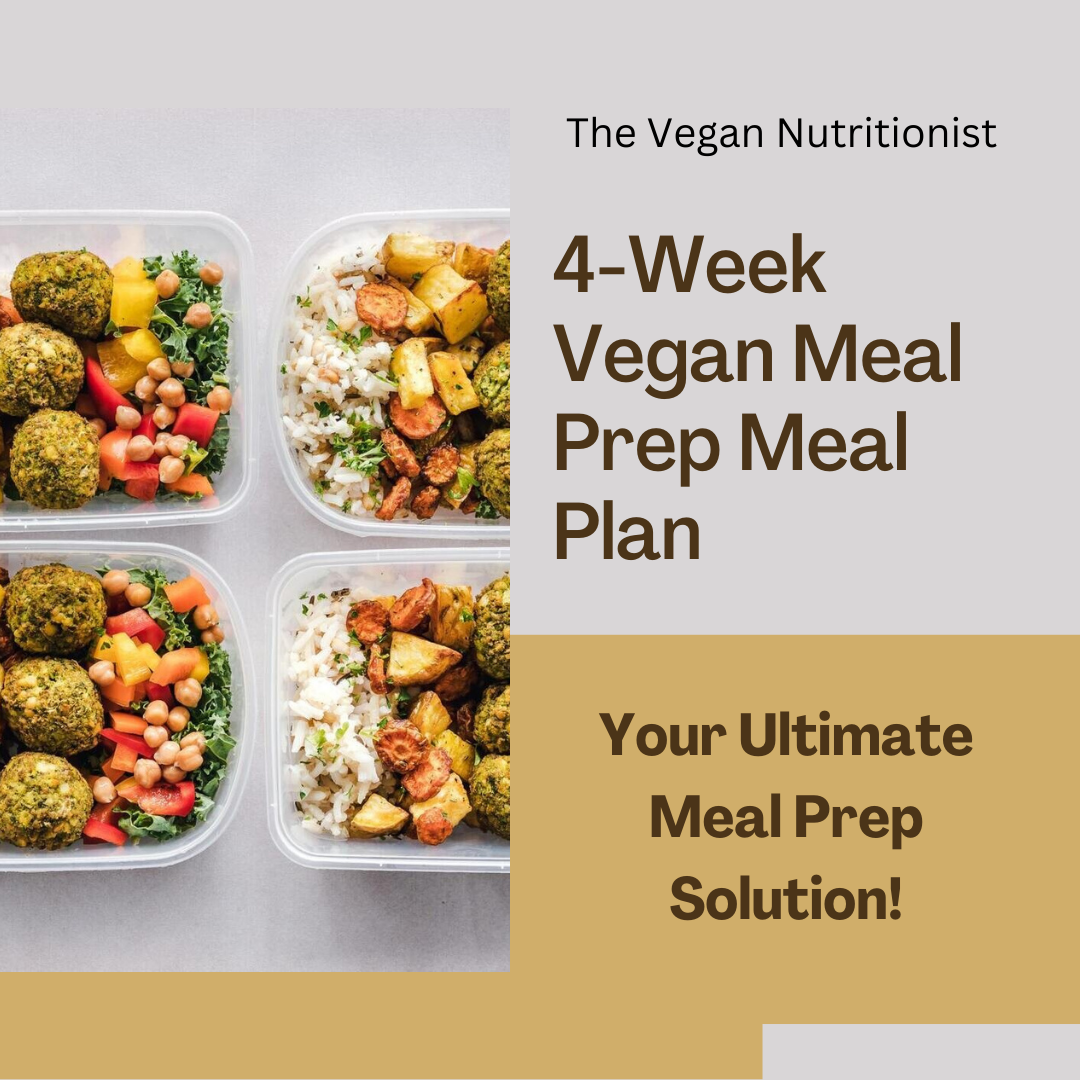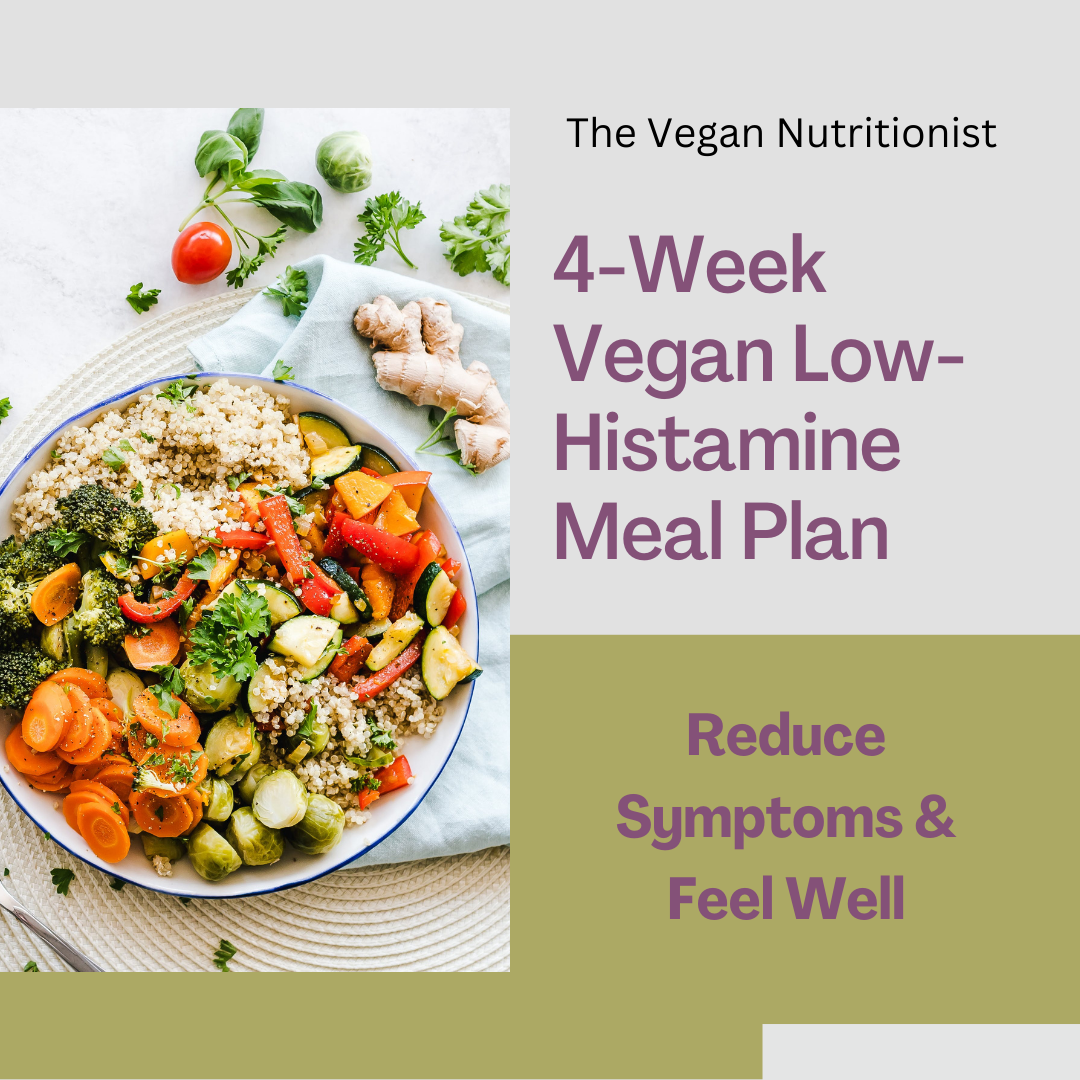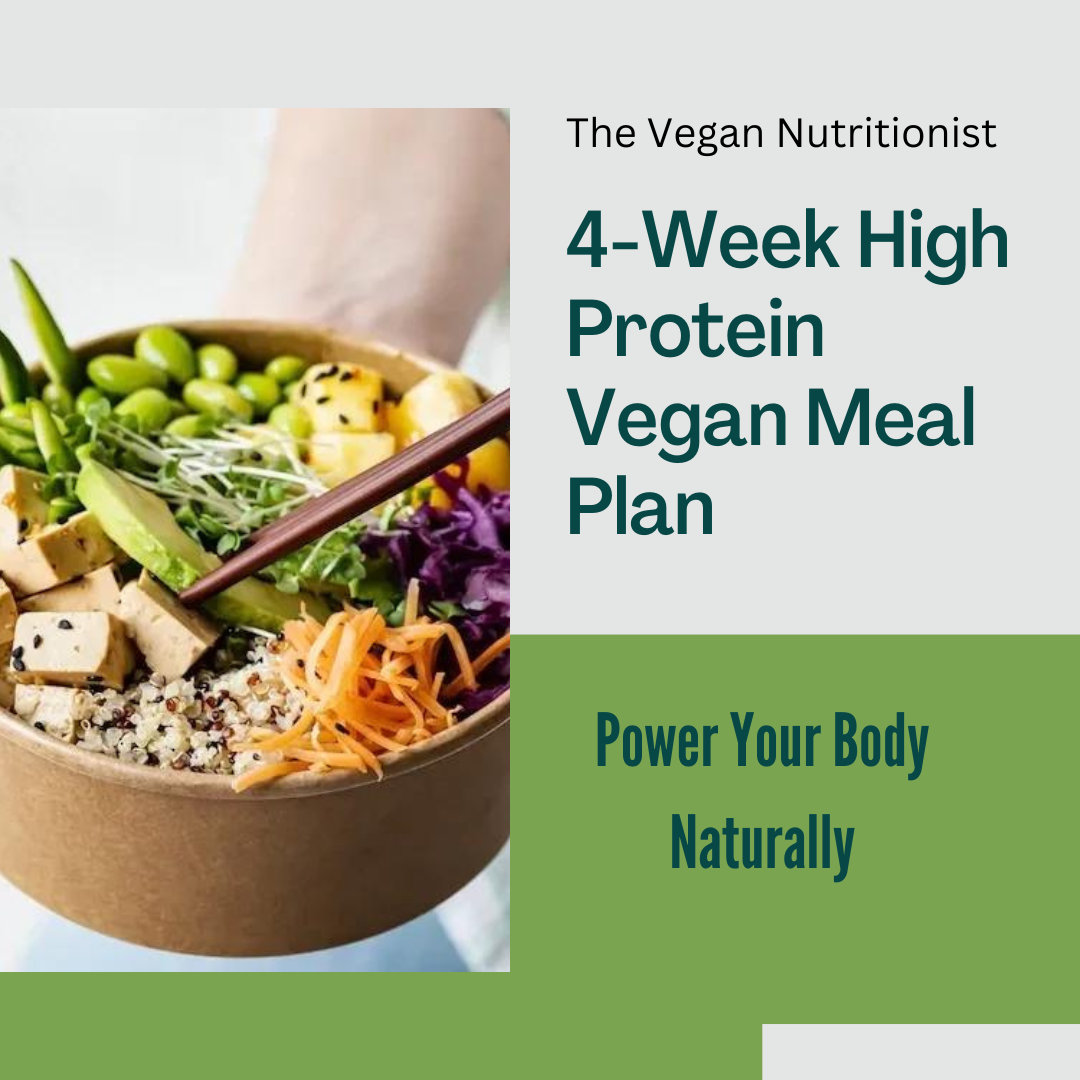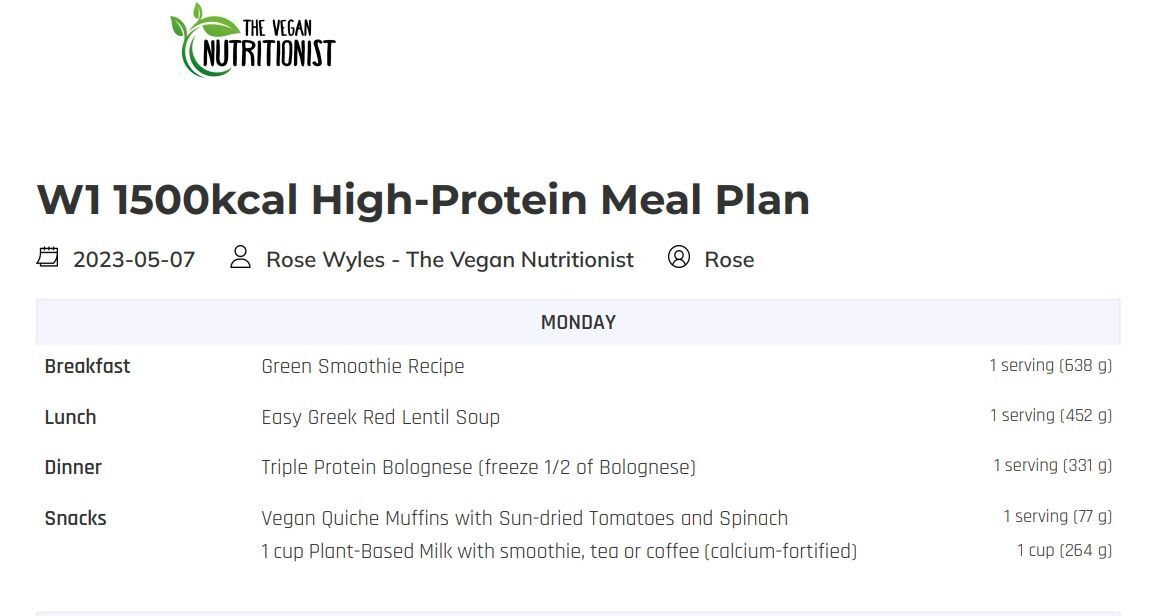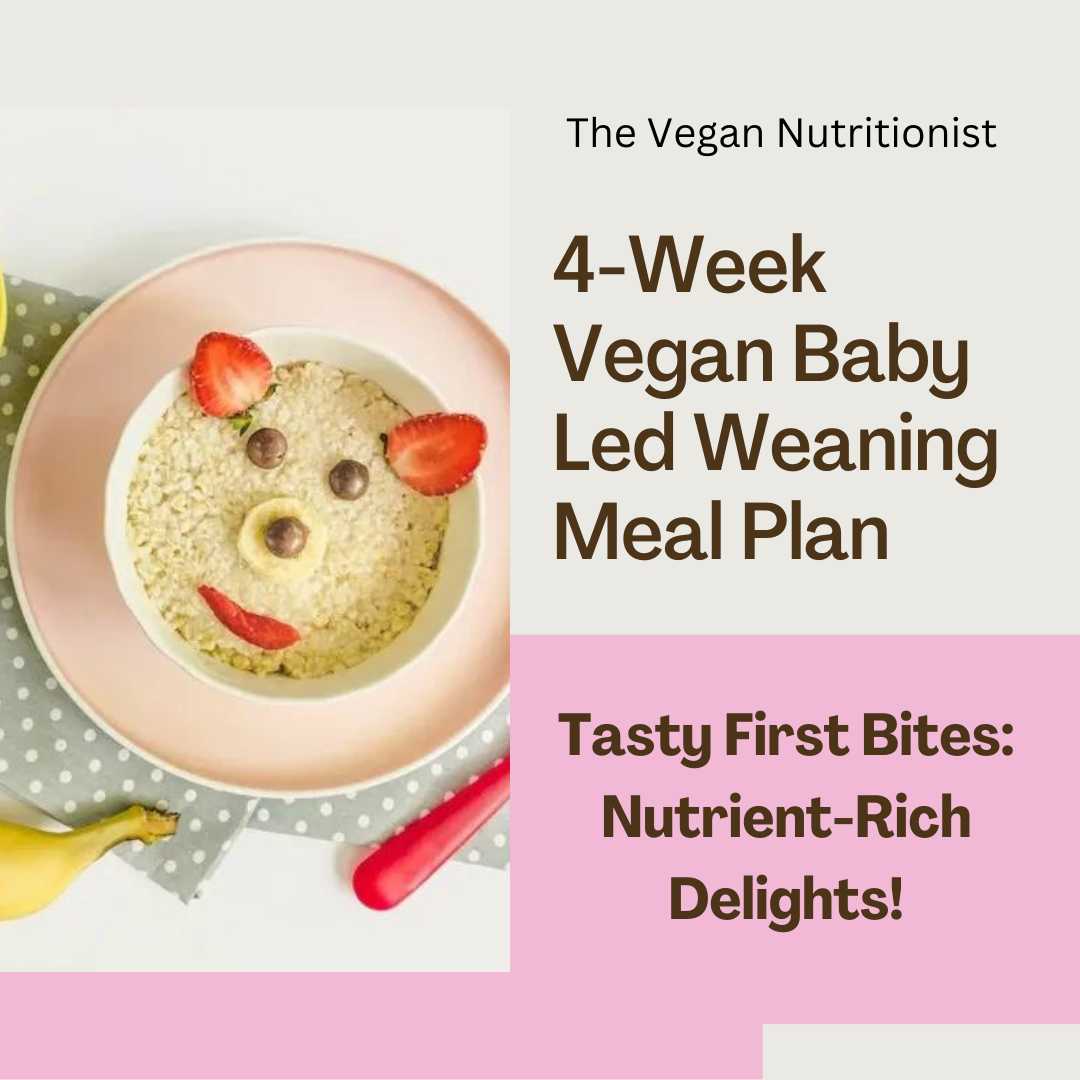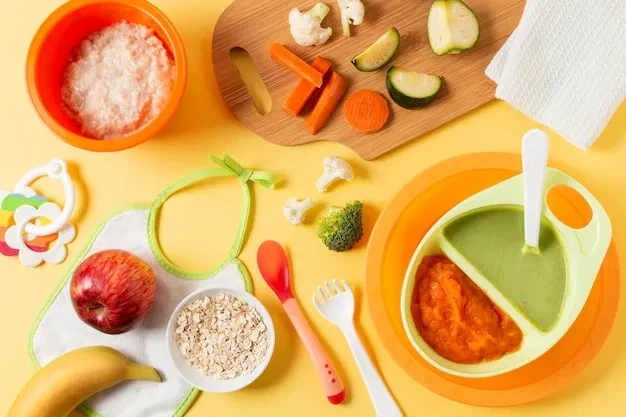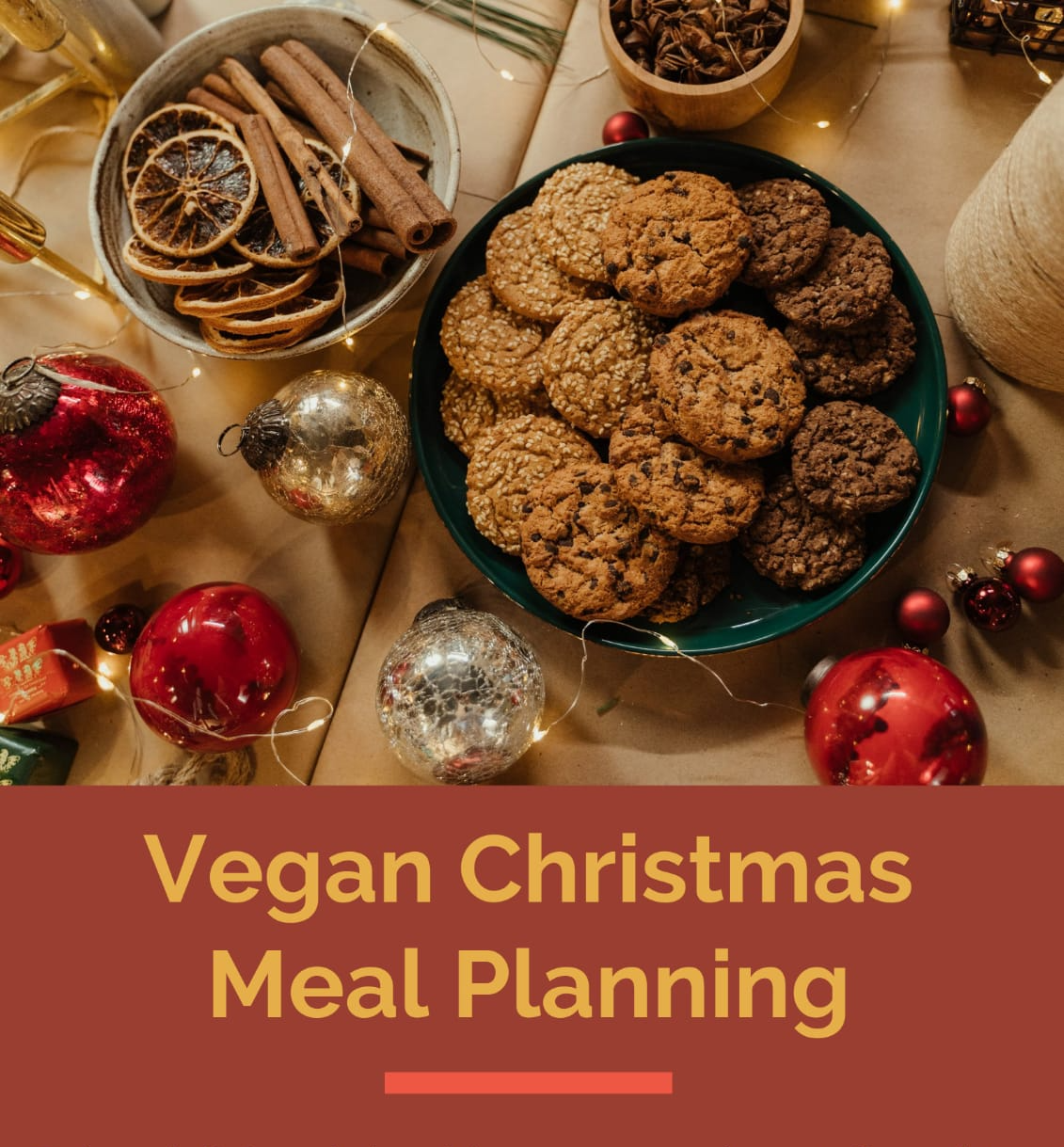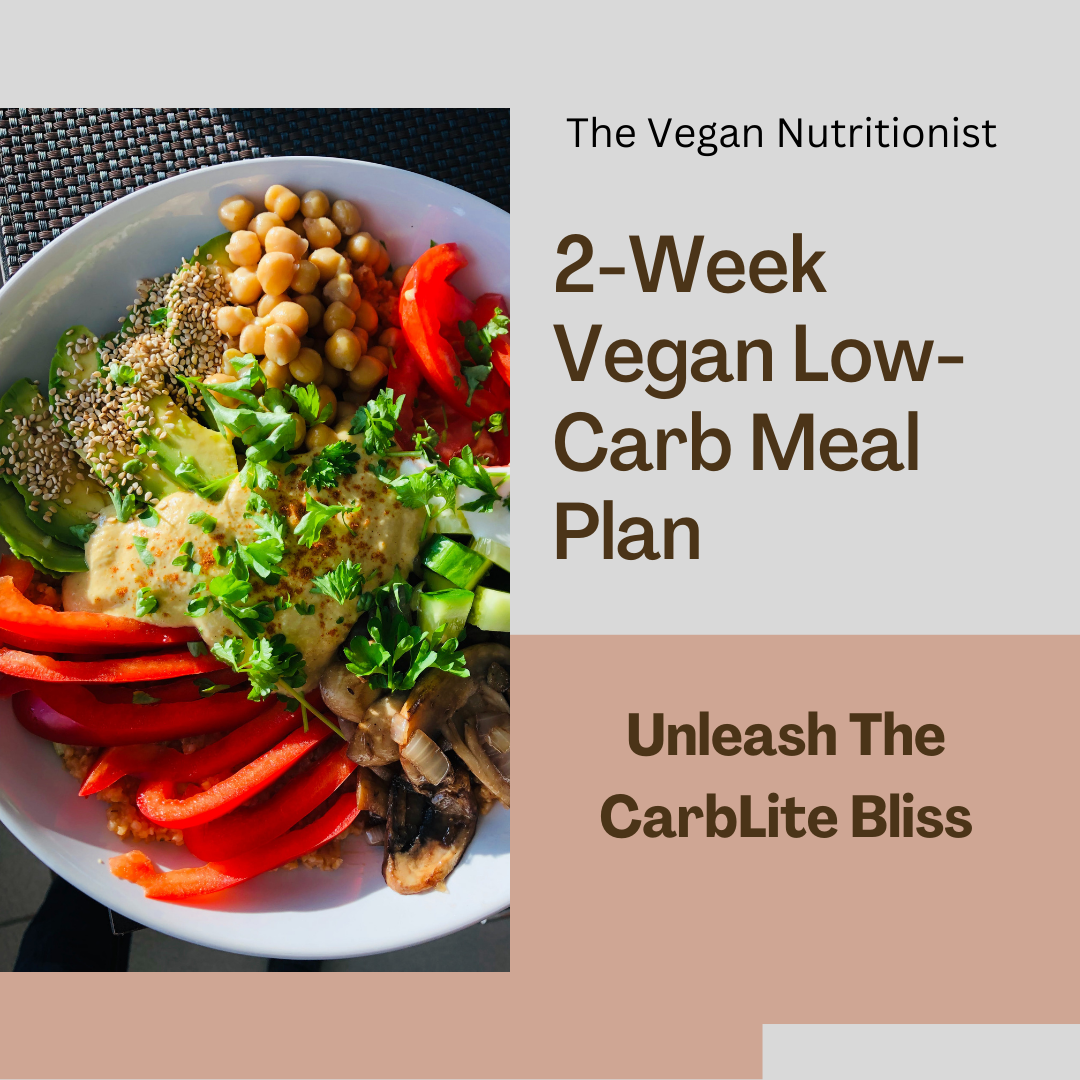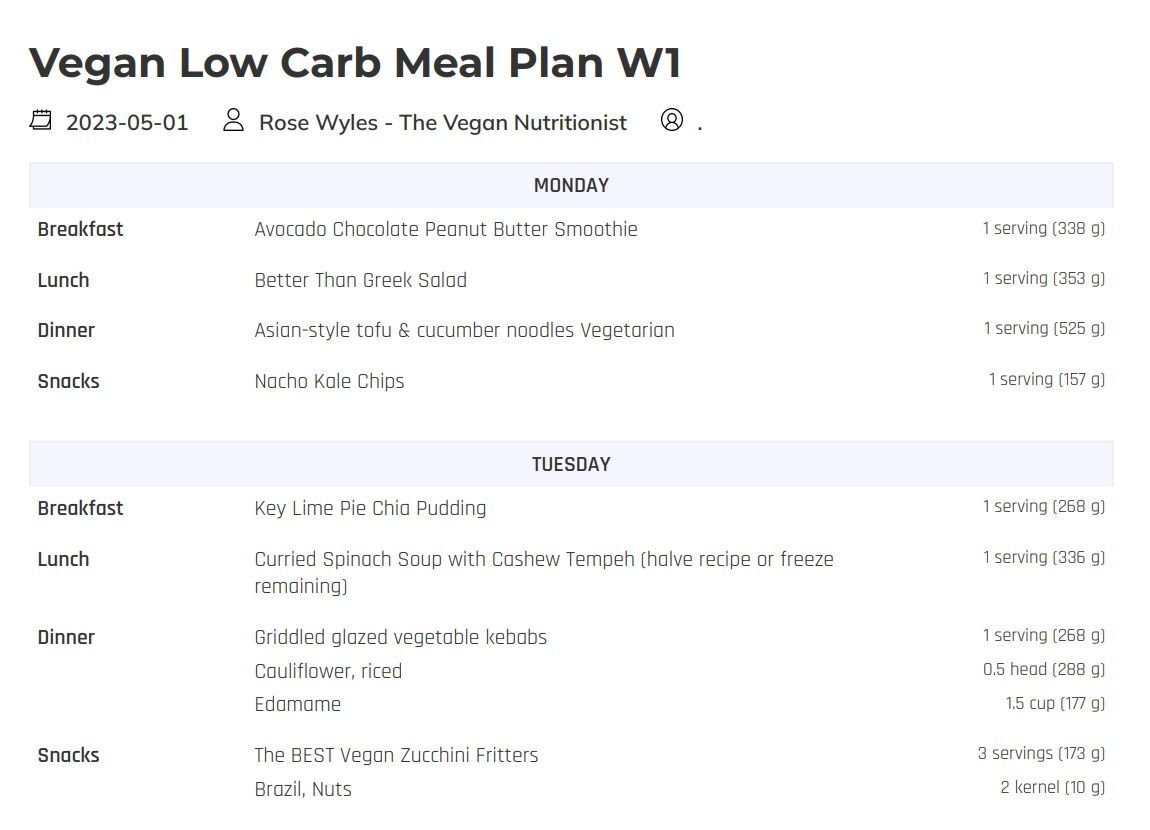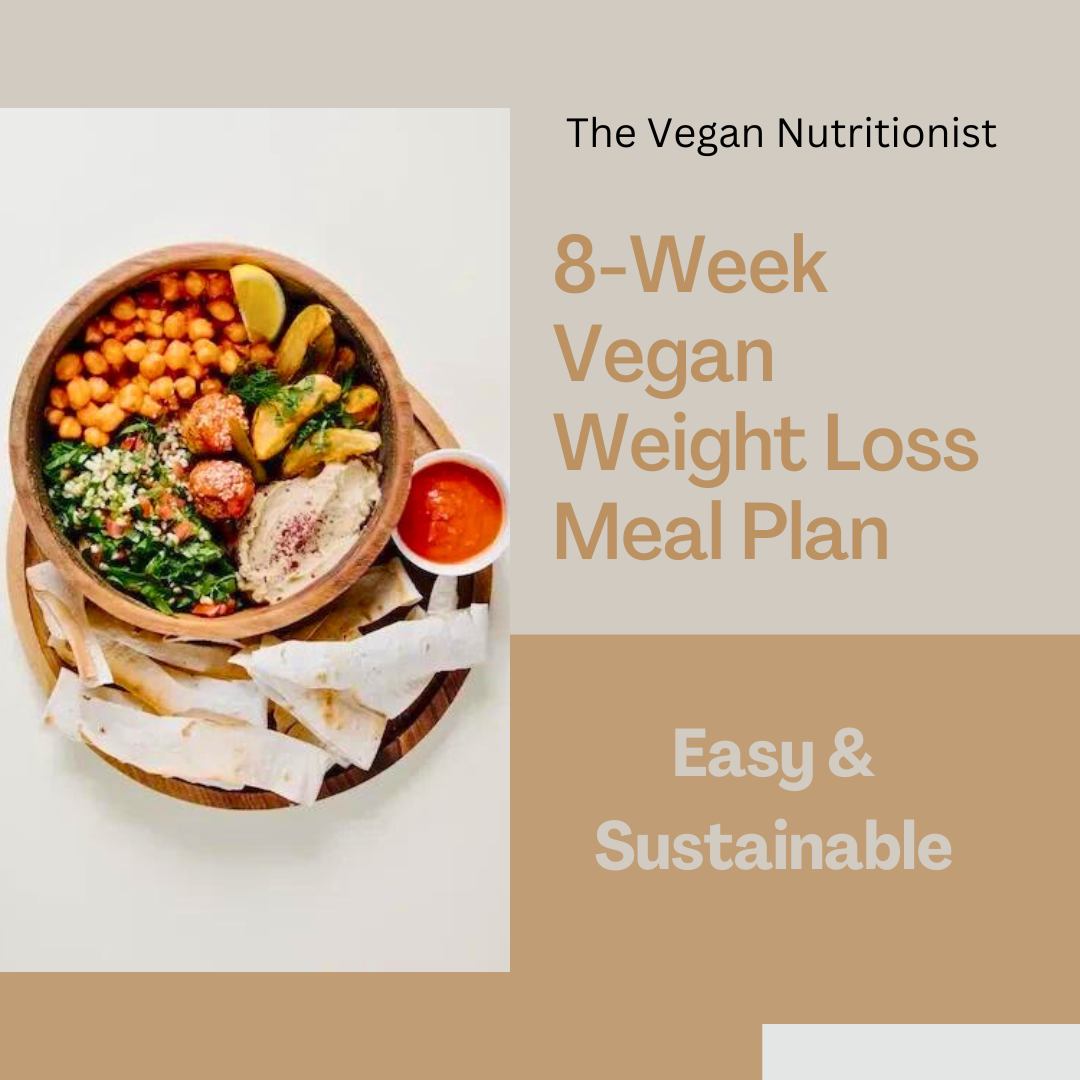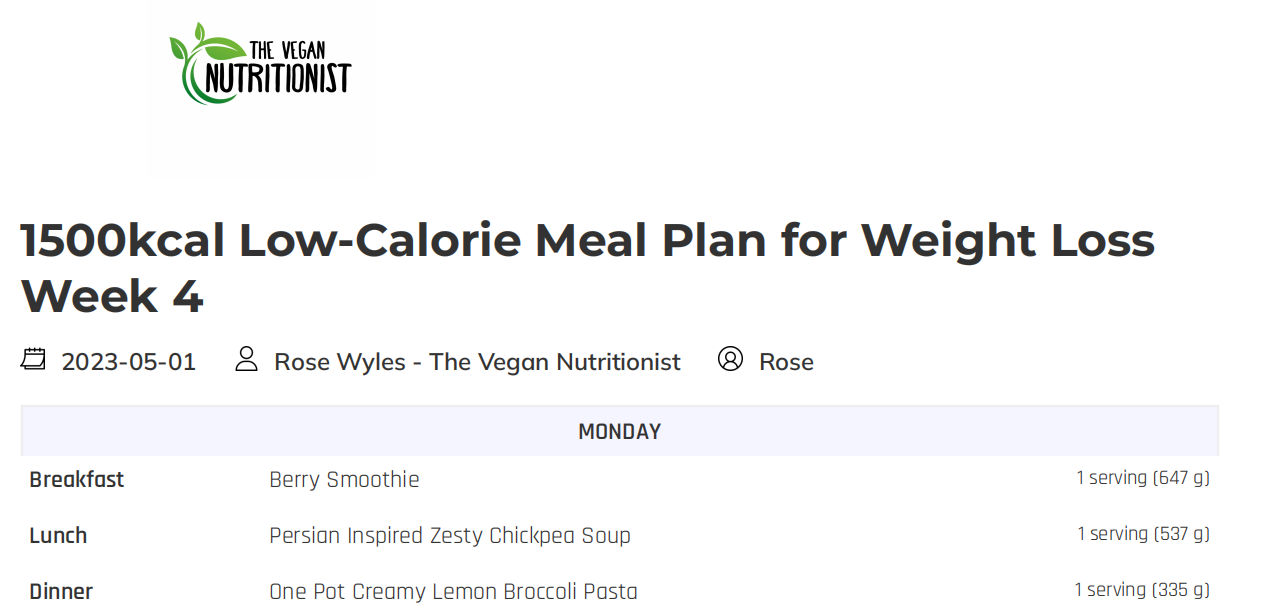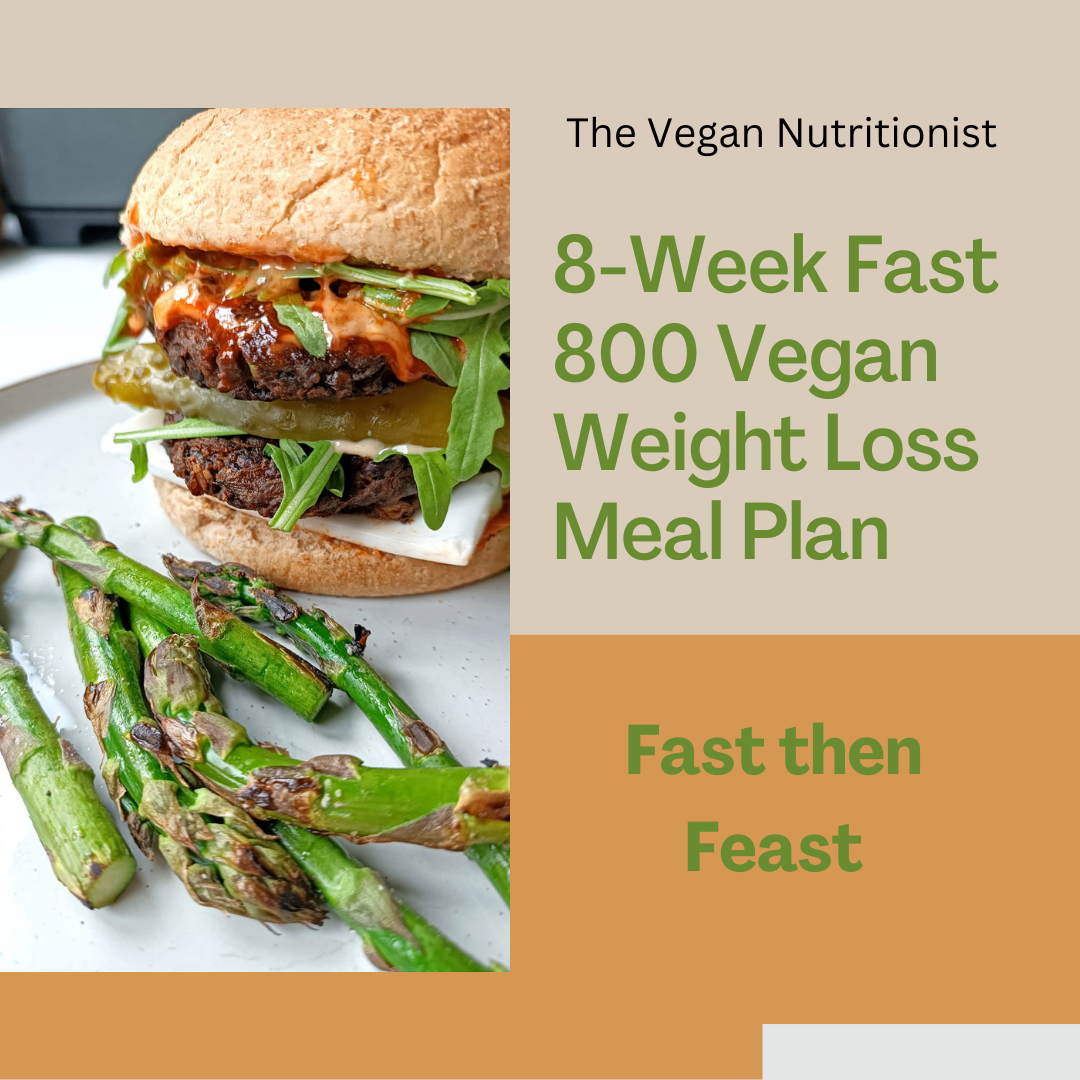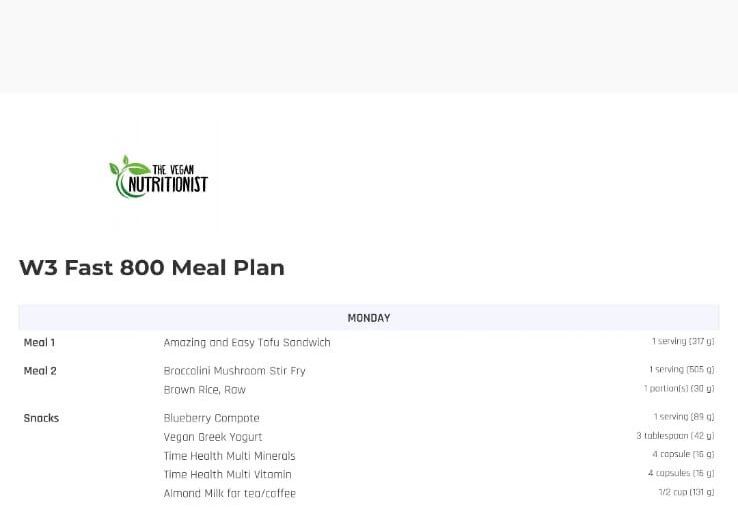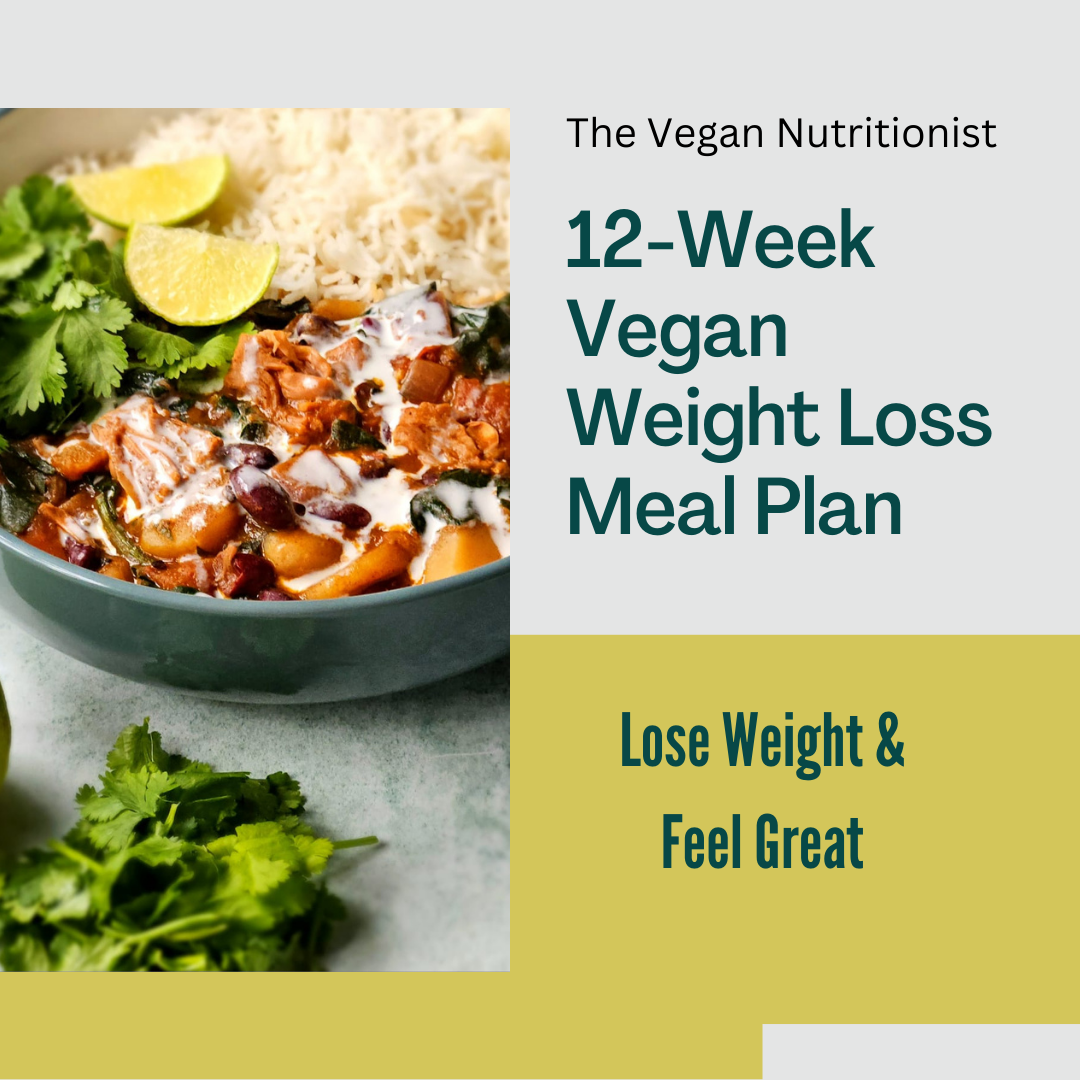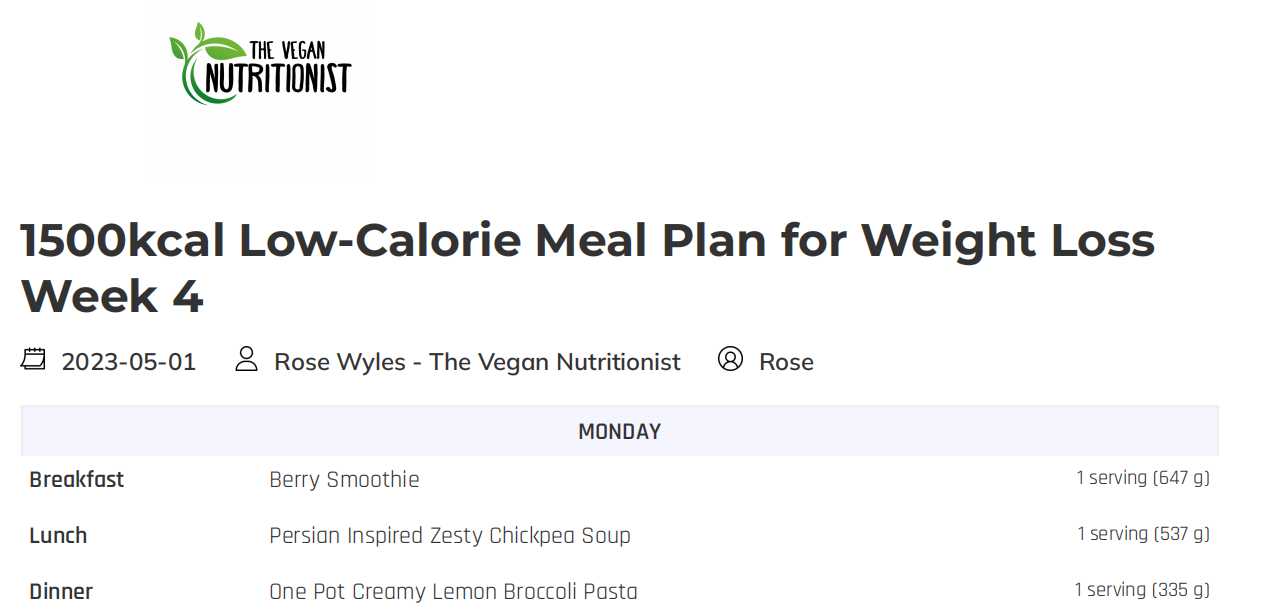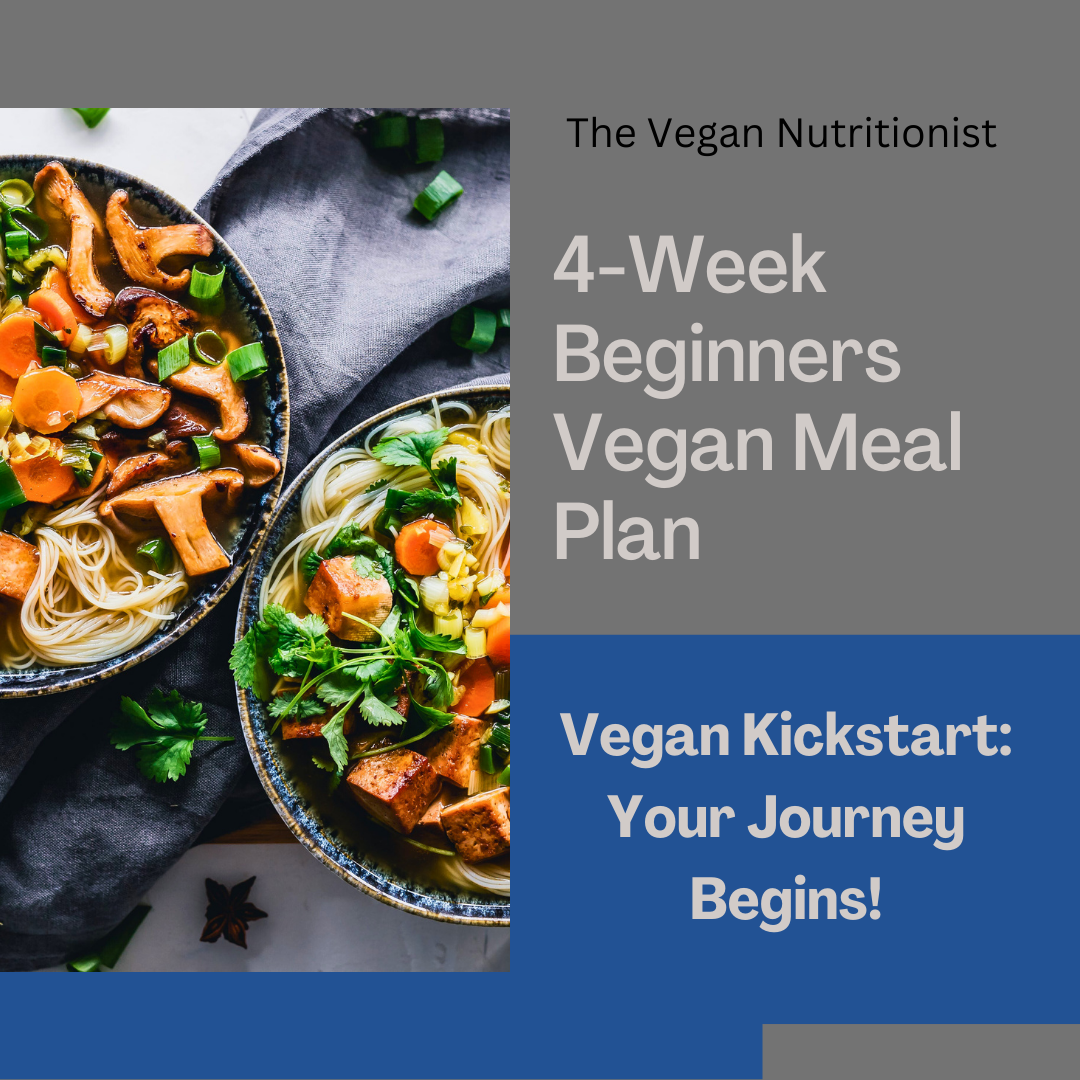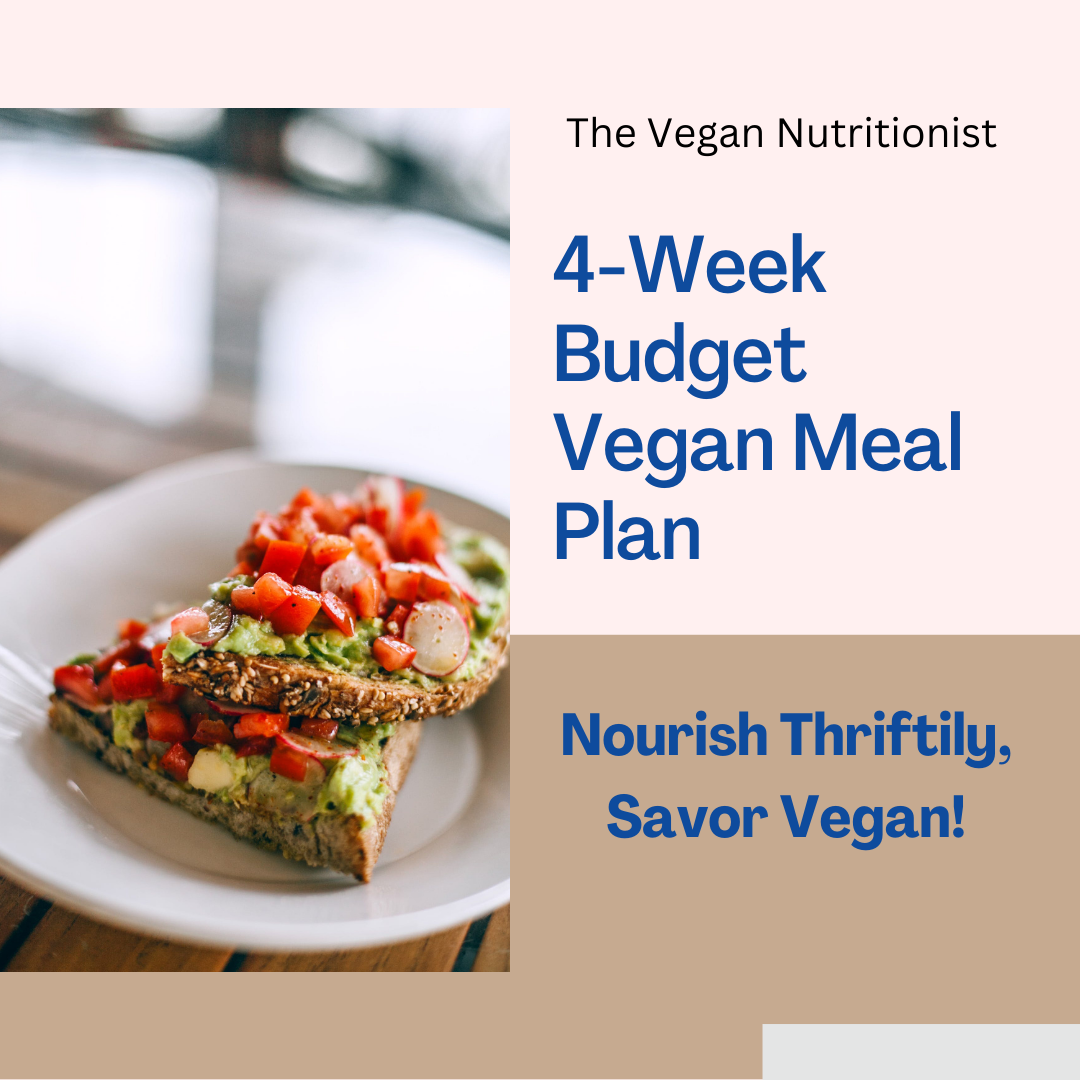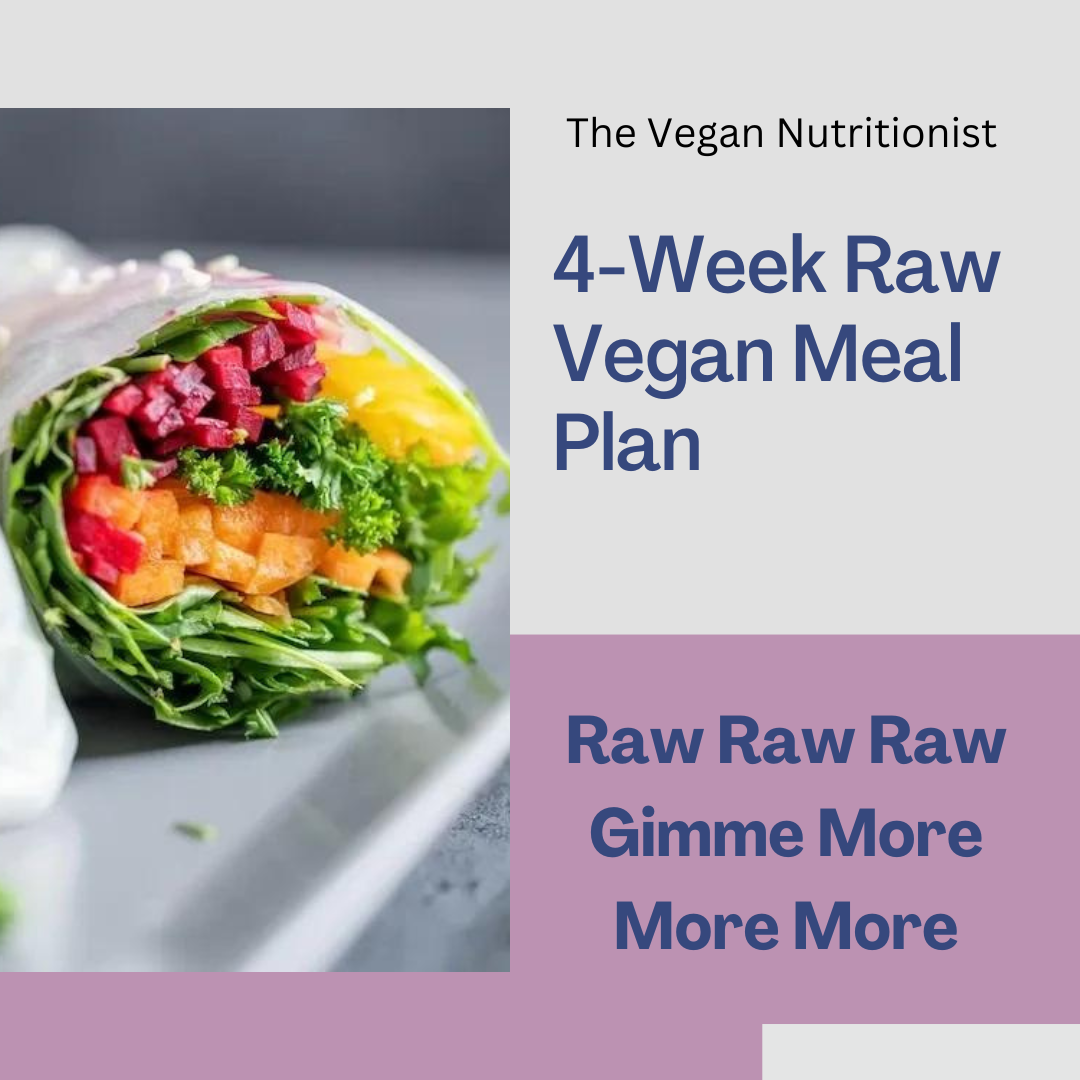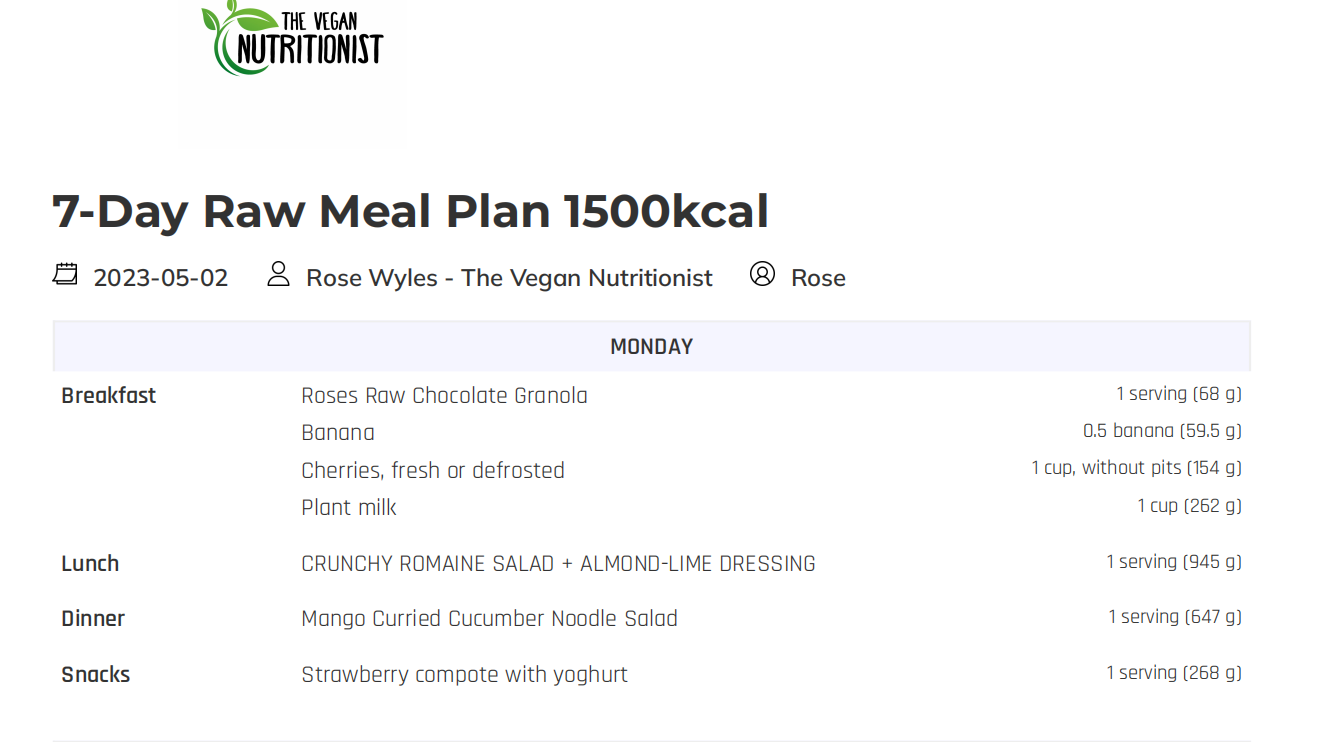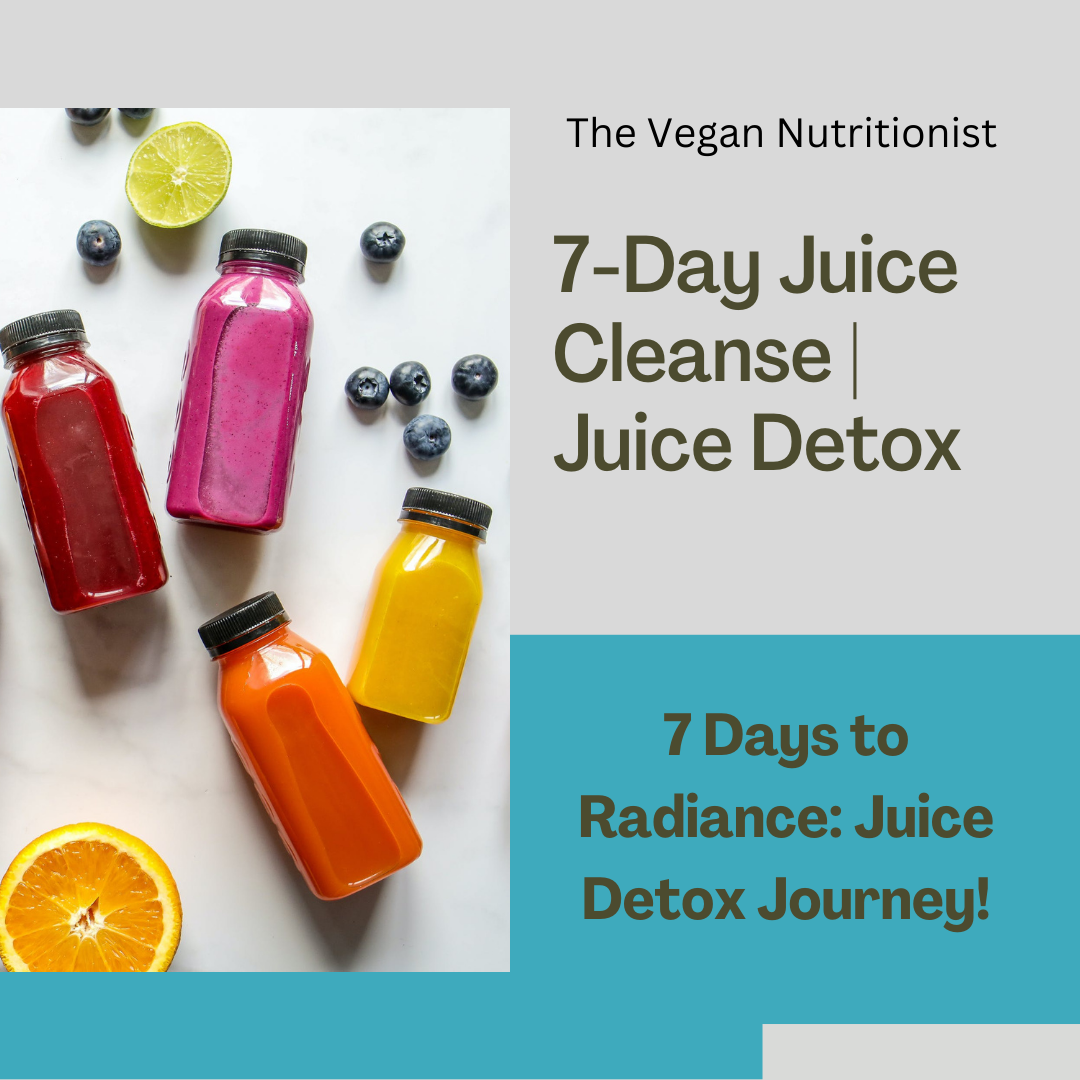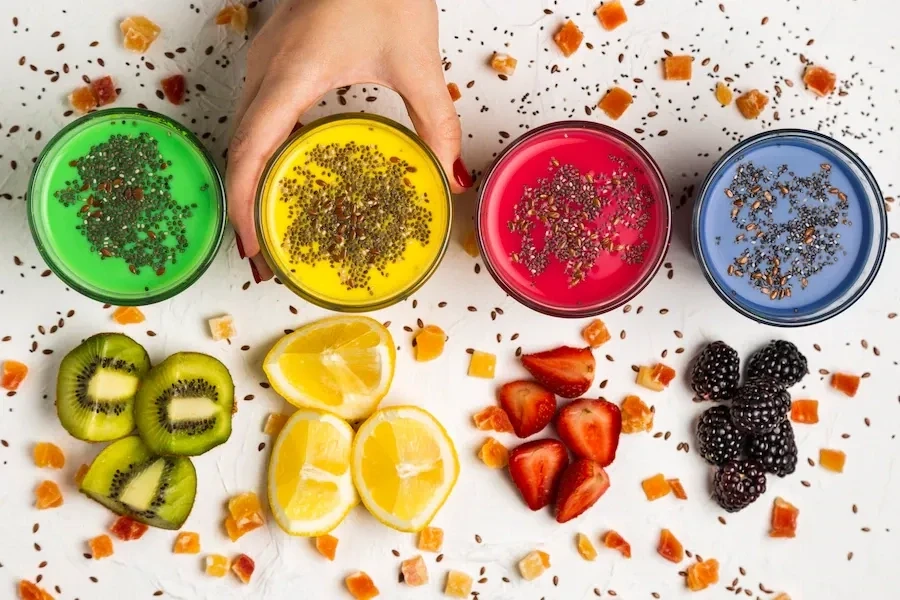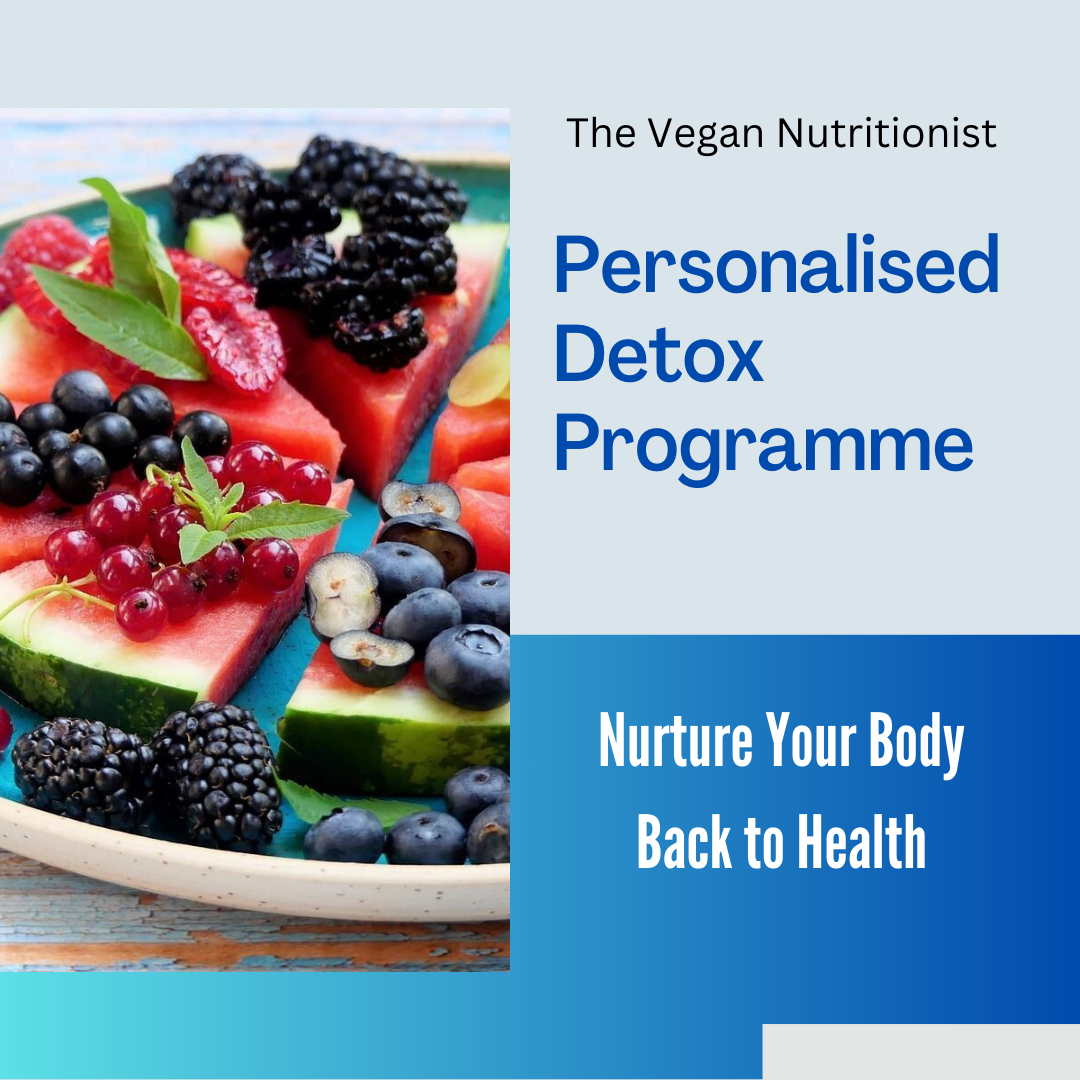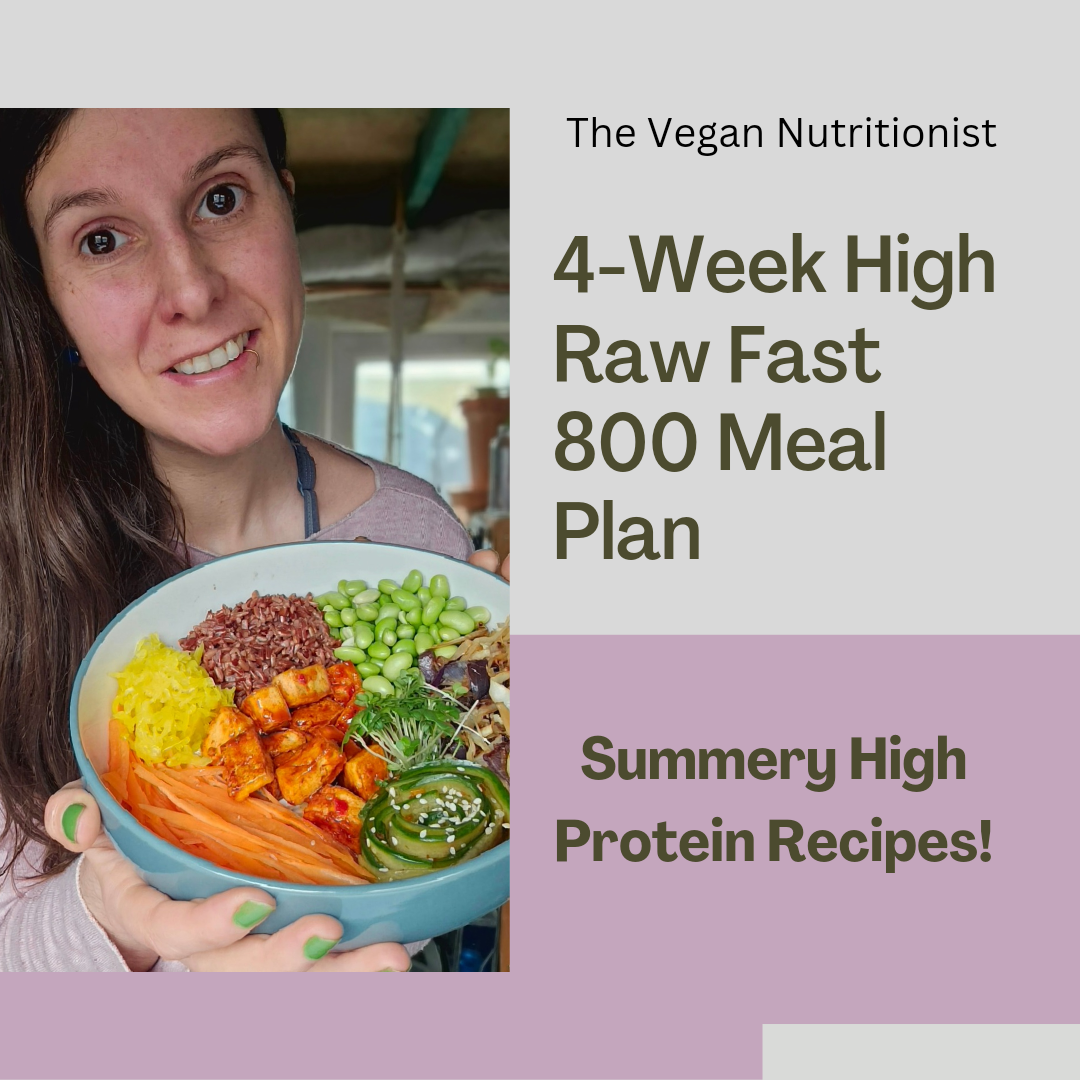The Importance of Child Nutrition
A collaboration with Real Family Journey!
Today, I have the pleasure to bring you an interview that was collaborated between myself and my new amazing friend Jo from Real Family Journey!
I am so super excited to share this blog post today as Jo has agreed to ask all the most important questions relating to child nutrition. Here you will find all the answers to the most common questions on how to successfully transition your children to a plant-based diet.
However, before we head into the Q&A, I wanted introduce you to Jo, who will now share some insight into Real Families experience of raising her kids vegan. Then we will share with you the key answers you've been waiting for.
I am so often asked about how we successfully transitioned our children to a plant-based diet. There is no denying that when trying to encourage your children to eat in a completely new way that you will need a lot of patience and understanding. It takes times to break old habits and it is that much harder for children to appreciate the health benefits that these new foods bring.
Always be the good example for your children as they will generally follow your enthusiasm. Be open-minded yourself about trying new things and avoid any negative reactions to foods. They may like something that you don’t but won’t even try if they see you’re not a fan.
The next thing to do is to make all your family favourites but veganise them. For example lasagna, burgers, carbonara or pizza. Make these familiar foods but make them from whole plant foods instead. At least that way they are open to trying them. My kids absolutely loved their bean burger replacements and their pink beetroot crust veggie pizzas right off the bat! I understand that won’t always be the case but trial and error is the way forward. You will win some and lose some but always stay positive if you can. I know it’s disheartening when you have spent hours in the kitchen cooking up a storm only to be met by disgruntled faces and far from empty plates. This will happen at times. Sometimes you have to hold your hands up and say ‘Ok, I think we can do this better next time’ or ‘It may not be your favourite but next time you can make it with me and show me how it’s done!’ This usually brings enough humour to the table to replace any negative energy. Just be prepared to take one step forward and two steps back in the beginning.
The way that we used to approach each meal at the start of our vegan journey was by always having one familiar food on the plate with two new foods. That way they would feel safe to at least eat something on their plate and curiosity would get the better of them to try the ‘new’ foods. Especially if they see you enjoying them too! Sometimes we would even have a huge sharing platter in the middle of the floor and have a lovely social floor picnic where we could eat and discuss all the new flavours and colours of our delicious plant party food.
We would then involve them in shopping and preparing the food. It would become exciting to pick ‘new’ foods they’d not heard of before. Fin, in particular, went crazy when he found a dragon fruit at the shops and Pops was keen to cook using the pestle and mortar! (And so lentil Dahl was born.)
Make food fun. Get them to make food for their teddies or play a game of ‘which food do you like best?’ Grow herbs in the garden and educate your children about where their food really comes from. I’m sure when they fully understand their options that they will pick plants over animals any day of the week!
Try not to be overwhelmed by what others are doing. It is hard when you see those beautiful vegan kids on YouTube slurping on green juice and eating seaweed wraps and you feel like you’re a million miles away from that right now. Remember that bringing up children on a plant-based diet is very different to transitioning them to eat after many years of eating a standard western diet. They will get there in the end in the right environment of understanding, patience, care, education, compassion and curiosity. With the correct nurturing their excitement for being vegan will lead your little ones to the path of kale juice in the end!
If you have any further questions about transitioning yourself or your family to a more plant-based diet then please feel free to contact me. We will all have a different story to tell and each child and family is different. I know that there are sometimes other factors to consider. For example sensory issues, food budgeting, school lunches and many more things that can make this journey easier or harder for you. I am always here as a sounding board and will happily chat away about any issues you feel I may be able to help you with.
Amazing! Thank you Jo, I'm ready to start. So without further ado onto to the Q&A…
What are the health benefits of bringing up children on a plant-based diet?
Children brought up with a foundation of nutrition, such as with a plant-based diet, reduce the risks of diseases related to obesity, diabetes, cardiovascular disease, several forms of cancer, osteoporosis and dental disease in their current and later life. Teaching a child good eating habits and introducing a variety of healthful plant foods is vital for all stages of childhood as what a child eats impacts their growth and development.
In addition to the reduction probabilities of disease, good eating habits can help children lead more active lives, increasing their overall participation and enjoyment of the world around them. Children brought up on a plant-based diet will be less likely to become over-weight and will have more energy to enjoy sports and other creative endeavours. Good nutrition can also aid in proper growth and functions within the brain, fending off erratic behaviour, mood swings, anxiety and other mental health issues.
Are there any key nutrients to be aware of that are specific to a child’s growth?
The introduction of key nutrients begins in the womb before a child is born. Medical evidence has shown that nutrition received from the mother to the developing foetus is vital for cognitive, emotional and physical health later in life. It is important for pregnant women to include a variety of nutrient-dense foods during pregnancy of which include fruits, vegetables, nuts, seeds, grains and legumes to aid in the development of the growing child. Also, to avoid simple sugars and low nutrient dense processed foods as this will not only reduce the nutrients the child receives but may damage the development of the child. A research paper from the University of Adelaide Australia has shown that the “brain reward pathways” of babies who were exposed to junk food because their mother ate a lot of it during pregnancy and breastfeeding, became desensitised and craved more of the food in the same way as food addiction. Interestingly, studies also show for example that women who drank carrot juice through their pregnancy proceeded with the child’s willingness to eat carrots. The group of pregnant mothers that did not drink carrot juice showed that the children rejected the vegetable, so it shows the importance in regards to eating a nutrient-rich plant-based diet during pregnancy.
During infancy, a mother’s breast milk contains all the key nutrients for growth, it also contains specific immune defence proteins that are not present in infant formula. Not all mothers can breastfeed understandably for a variety of reasons, cows milk formulas should be avoided as cow’s milk is one of the most common “first foods” introduced into an infant’s diet and one of the most common causes of food allergy. In the replacement of cow’s milk formula, soy milk is often used, probiotics can also be added to reduce the incidence and severity of diarrhea in infants.
Past the pregnancy and young infant stages to the introduction of food, comes the importance of fruit and vegetables. Children should aim for at least 5 portions of fruit and vegetables daily, these will provide the majority of essential vitamins and minerals a child requires. Children should also consume complex carbohydrates, healthy fats, proteins from natural plant sources to complete their nutritional requirements.
Iron, zinc and calcium are nutrients children are at a risk of not getting sufficient amounts on a plant-based diet. Combining foods high in vitamin C such as citrus fruits with foods containing iron such as legumes and leafy green veggies in the same meal can ensure proper absorption of iron. Zinc is plentiful in legumes as well as in nuts and spinach.
To ensure calcium intake at adequate levels it is advised to encourage plant-based children to eat broccoli, other cruciferous vegetables and a variety of other calcium-containing plant foods to which there are many. There are plant-based dairy free foods and milks that are also calcium fortified which can be included into a child’s daily diet.
What are the best food sources to meet these specific nutrient requirements?
A portion of fruit and vegetables is equal to:
- 1 medium-sized banana, apple, orange or peach
- 2 small fruits: plums, apricots, satsumas
- A handful of grapes, strawberries, cherries
- 3 tbsp of cooked vegetables or fruit
- A small salad
The recommended 5 or above portions of fruit and vegetables a day can easily be achieved on a plant orientated or plant-based diet. Children should also include a slow release carbohydrate at each meal such as the grains (Avoid high sugar cereals at breakfast time and opt for oatmeal or other grains with berries as an example). Also choose high fibre grains such as granary bread, whole wheat pasta and brown rice in other meals throughout the day. To add sweetness, choose maple syrup or dried fruit over sugar.
Protein in a child diet is also important for growth, children should aim to have protein at least twice a day, this can be in the form of legumes (beans, pulses, peas, lentils), plant-based milks (soy, rice, almond), nuts and seeds (chia, walnuts, macadamias etc plus nut and seed butters), fruits and vegetables such as avocados or sweet potatoes contain moderate protein, both of these foods are also rich in many essential vitamins and minerals vital for good health.
Calcium is also vital for a child’s development of both teeth and bone. Include plant-based calcium-rich foods such as dark leafy greens, nuts, seeds, soya and fortified foods, a mixture of these should be included three times a day. Healthy fats should come in the form of nuts such as walnuts, almonds and pistachios. Also, avocados and dark chocolate. Fat is important to enable growth in children and provide them with their fat-soluble vitamins. Bad fats found in cakes, biscuits, pastries, crisps, frozen pizza, burgers, hot dogs and other processed high-fat foods should be avoided.
Do you recommend using multivitamin or mineral supplements for children?
When raising a child on a plant-based diet, certain nutrients are required, such as vitamin B12 and omega 3 fatty acids both of which are essential. Due to B12 being readily available in animal foods and rare in plant foods, I recommend young infants and children take a B12 supplement. (for ages 1-3 the daily recommended amount of omega-3 is 0.7g, 0.9mcg of B12, respectively)There are plant foods that contain natural B12 such as seaweeds and kombucha but I would not rely solely on these as a form of B12 supplementation.
Omega 3 fatty acids can also be a concern with children on a plant-based diet as these are primarily found in fatty fish and eggs, however, they can also be supplemented through plant foods such as soy, walnuts, chia and flax seeds, plus cold-pressed nut and seed oils. There are also DHA fortified foods and juices which are advised to be supplemented into plant-based children’s diets.
Calcium cannot be absorbed without vitamin D present in the body, vitamin D is the sunshine vitamin, which our bodies synthesise from the sunlight skin exposure, vitamin D is only present in the body for 60 days so it is advised to supplement vitamin D in the winter months for those living in the northern hemisphere.
Are there any U.K. vegan vitamin supplements that you would recommend?
The
Veg-1 multivitamin is a brand I use and trust, which contains vitamin D3, B2, B6, folic acid, B12, selenium and iodine from the vegan society website. ½ a tablet is recommended for children ages 2-12 years.
Many people are concerned with vegans getting enough protein and calcium, how would you best advise parents who want to raise plant-based children?
To ensure the adequate intake of calcium, vegan children need to be encouraged to eat calcium-rich whole foods. Many plant milks are also calcium fortified. Calcium-rich foods include calcium-set tofu, other calcium whole foods include kale, pak choi, okra, spring greens, dried figs, legumes, chia seeds, almonds and calcium-fortified foods.
When it comes to protein, the truth is it’s not as big of a deal as what is marketed and sold to us. All plant foods contain some protein. When eating a variety of plant foods adding up to the correct calories you require each day, you and your children should be getting plenty of protein. Include rich sources of concentrated plant protein such as beans, soy products like tofu and seitan, quinoa, nuts, and hemp seeds.
What are the best sources of iodine-rich foods in the U.K. if you have a child that won’t eat seaweed?
Plant-based foods containing Iodine are:
- Cranberries
- Strawberries
- Organic potatoes
- Organic probiotic yoghurts
- Legumes
- Nuts
- Seeds
- Whole food soy products
Also, the Veg-1 multivitamin mentioned above contains adequate Iodine.
What are your thoughts on green powder supplements? For example, spirulina or barley grass powder for children?
Superfoods can be introduced into a child's diet in a number of ways without the need to add the powdered superfoods mentioned above. Surprisingly, superfoods can come in the form of many whole plant staple foods such as oats, berries, probiotic foods, nutritional yeast, nuts, seeds and avocados.
Although there may be advertised additional benefits to these green supplement powders, I would say a great option would be to give children homemade green juice with organic vegetables. Children once weaned can enjoy vegetable juices, which provide a plethora of nutrients especially if a small amount of fruit is added.
I feel I must also mention the potential risks to using green supplement powders... There are concerns due to the heavy metal contamination risks of spirulina algae in particular, due to how it is grown. For this reason, it was advised by MD Greger to use chlorella as a replacement. However, it is also worth bearing in mind that many of the proposed health benefits of chlorella have not yet been proven.
What are your top must-have foods to eat every day?
Many plant foods are highly nutritious, some more so than others. A list of must-have nutritious foods will vary from taste preferences to different cultures around the world.
My top list of foods for every day are a part of a balanced nutritious whole food plant-based diet, made simple. I will include an example of what I eat on a daily basis. Which will include the specific foods I’ve mentioned throughout. So all nutrient bases are covered. The basic combinations are listed below.
Breakfast:
- Oatmeal or a natural cereal made with plant milk, fresh or frozen berries/fruit, and seeds like chia
- Green juice made with organic vegetables + some fruit
- Fresh fruit (seasonable where possible), with pro-biotic yogurt, and nut butter
- Chia pudding with fruit, nuts, seeds, and/or berries
Lunch: - Vegetable soups with legumes or grains added
- Colourful salads with fruit and nuts/seeds added
- Sandwiches with homemade spreads like hummus with veggies or greens
Dinner: - Homemade stews, casseroles, and pies with vegetables
- Salads with veggie burgers or falafels, and homemade dips/sauces
- Mild curries or stir-fry with tofu and tempeh
- Pasta with homemade sauces
- Baked potato with homemade toppings like mixed baked beans, guacamole, or chickpea salad
Do you have any other advice that could be useful to new vegans starting out or transitioning their family to a plant-based diet?
When transitioning to a plant-based diet there are some useful tips to aid those new to a vegan food plan and their families to flourish on this lifestyle.
Replace one food group at a time -
With a transition, it should be just that, a manageable process. I would recommend the most important food group to replace first should be dairy. There are many replacements to explore. Then meat, followed by eggs and then other animal food groups. Take your time, try new foods and create new meals. See these dietary changes as an evolution. Remember you are providing yourself and your family with more nutrients, more energy and longevity. Make your transition enjoyable and include the children. Children who helped create a new meal are more likely to try eating it!
Eliminate processed foods -
Processed foods are addictive and harmful to the human body. The goal should always be towards a whole foods plant-based diet. When it comes to optimum health and nutrition processed foods will hinder our progress. Plant foods such as non-organic and GMO may also be worth avoiding where possible, as there are some concerns about the negative health effects of these foods.
Grow your own food –
If you have a garden or even a window sill, you have the opportunity to grow your own foods. These can be anything from nutrient-dense herbs or grasses such as chia or wheat-grass to organic vegetables such as kale. Some varieties continue to grow year-round. Also, some leftover veggies which are usually wasted can be regrown! Such as spring onions, sprouted garlic cloves, root ends of celery and even potatoes that have started to sprout.
Education –
Vegan support groups –
There are many ways to gain support with your transition from
recipe books
to help with meals to make, to online groups to join. Blogs to follow and ways to connect with others also making or have made the change. You may find local child-friendly workshops that offer plant-based cooking lessons or other active group gatherings. With families and children eating a plant-based diet, such as within the home education movement. There are also plant-based professionals such as myself. That can guide you and your family through transition, with your health goals in mind to ensure the success of this lifestyle.
Thank you so much to the Real Family Journey. I really appreciate you taking time out of your very busy schedule to help support our viewers on their vegan journey. We wish you all the best for your future and we look forward to following your story and watching your beautiful children grow up with the help of all your delicious wholefood plant-based recipes!
Article photos by Real Family Journey & Rose Wyles
Blog post questions answered by Rose Wyles - The Vegan Nutritionist
Help us out!
If you have any questions or comments, leave them down below, or shoot us an e-mail!
We appreciate the support.








